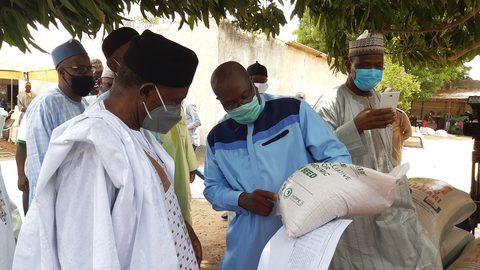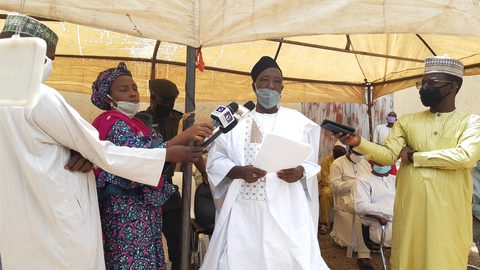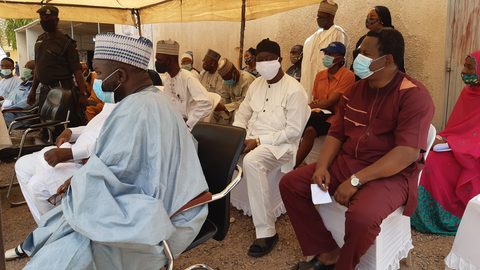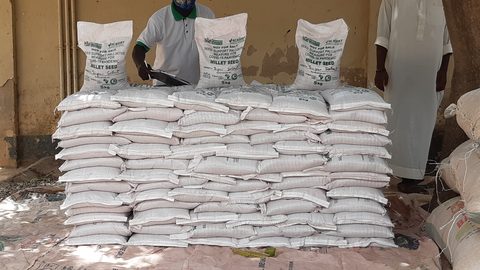Nigeria seeds new hope for vulnerable smallholders
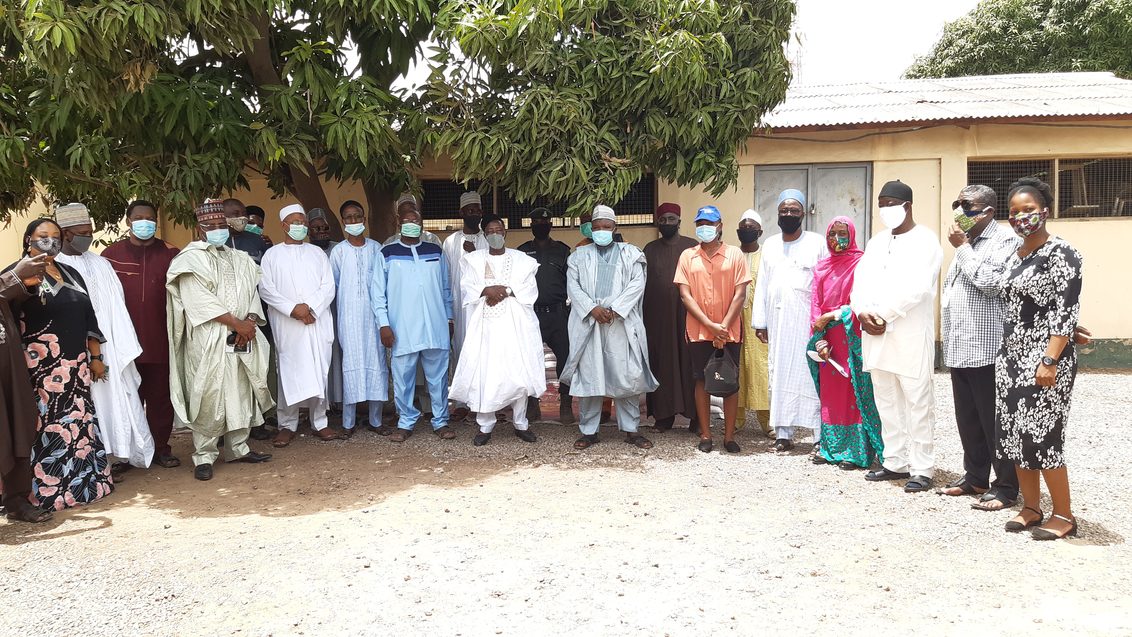
At the best of times, smallholders face numerous challenges. COVID-19 has added hugely to the burden. Our Foundation is helping farmers win through*. In Nigeria, the focus is on seed.
To raise yields and succeed, smallholders need better seed. That’s a key thought behind the AVISA initiative – Accelerated Varietal Improvement and Seed Delivery of Legumes and Cereals in Africa. Launched in 2019, AVISA aims to modernize crop breeding and increase smallholder incomes in seven countries. Nigeria is one of them. AVISA crops include the most important dryland cereals (sorghum and pearl millet) and legumes (groundnut, common bean, and cowpea). Further information is available here.
The Syngenta Foundation knows that only properly functioning markets can sustainably raise crop yields and smallholder income. “However, certain challenges temporarily require a different approach”, says our AVISA lead Nathalie Vignaux. “COVID-19 is one of those challenges.”
Together with partners, Nathalie and our Nigerian coordinator Isaiah Gabriel** have arranged palliative seed delivery to 700, particularly vulnerable smallholders. “We’re providing two tons of treated sorghum seeds and three of cowpea across five states”, Isaiah says. The partners are ICRISAT, IITA, and the Ministry of Agriculture. ICRISAT is distributing millet and sorghum.
Our map shows where
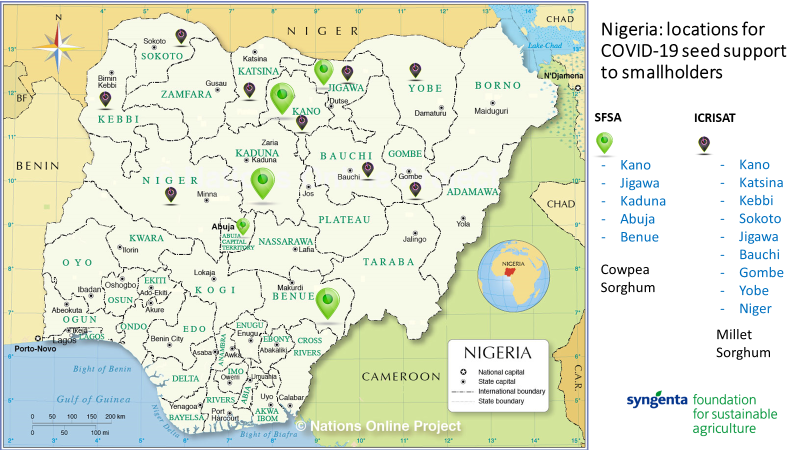
*Here’s what we’re doing to help farmers during the pandemic in Bangladesh, Indonesia, India, and Kenya.
**Meet Isaiah Gabriel
Here is an extract from a local media report:
«The Minister of Agriculture and Rural Development, Alhaji Sabo Nanono, lauded the Seed Palliative Intervention Project. He hinted that a Task Force has been set up by the Federal Government to ensure free passage of food across states despite the inter-state lockdown. The Minister expresse[d] optimism that the Ministry of Agriculture, together with development partners, will turn the tide in seed production, especially sorghum.
The Project Coordinator of Syngenta Foundation, Gabriel Isaiah, said that the distribution of palliatives becomes necessary because of the effect of lockdown on smallholders who might have eaten up their existing seeds. He added that the treated seeds will be distributed to farmers as part of the Syngenta Foundation's social responsibility to cushion the effect of COVID-19 on farmers, helping them to feed the nation.»

